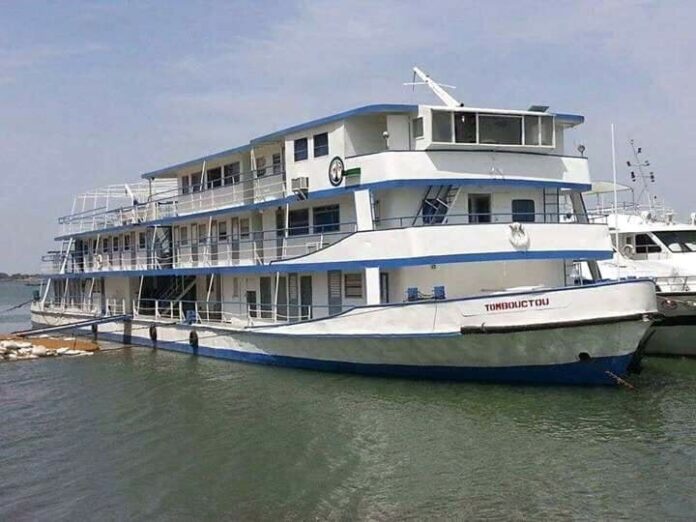
One year on: Justice eludes families of victims in Tombouctou boat attack
Saturday, September 7, 2024, marks one year since the deadly attack on the Tombouctou transport boat in the Gourma Rharous area between Tombouctou and Gao, Mali.
Your go-to source for in-depth coverage of political developments, economic trends, social affairs, and vibrant cultural stories from across the continent.

One year on: Justice eludes families of victims in Tombouctou boat attack
Despite the launch of a judicial investigation and international outcry, there has been little progress in bringing the perpetrators to justice, leaving victims’ families frustrated and demanding answers.
On September 7, 2023, a civilian transport boat, escorted by Malian military personnel, was traveling along the Niger River from Tombouctou to Gao.
As the vessel navigated through Gourma Rharous, a known hotspot for armed groups, it was ambushed.
Initial reports indicate a well-coordinated assault involving heavy weaponry and mortars, transforming what was intended to be a routine journey into a tragic massacre.
Officially, 49 civilians and 15 soldiers were killed in the attack, though local sources suggest the death toll could be significantly higher.
UNICEF reported that many of the civilian victims were children, adding to the attack’s harrowing impact.
Without a conclusive investigation, the precise number of casualties remains uncertain.
Following the attack, on September 8, 2023, the Prosecutor of the Specialized Judicial Unit for Combating Terrorism and Transnational Organized Crime announced the opening of an investigation aimed at identifying, apprehending, prosecuting, and bringing the perpetrators to justice.
However, one year later, no arrests have been made, and there has been no significant progress reported.
This stagnation in the judicial process has fueled a sense of abandonment among the victims’ families and the wider Malian community. Both local and international observers are questioning the Malian authorities’ commitment and capability to pursue justice.
Adding to the complexity, major armed groups in the region, including the Group for the Support of Islam and Muslims (JNIM) and the Permanent Strategic Framework for the Defense of the People of Azawad (CSP-DPA), have denied any involvement in the attack.
The Tombouctou boat attack sparked international condemnation, with human rights organizations such as the International Federation for Human Rights (FIDH) and Human Rights Watch (HRW) calling for a thorough and transparent investigation.
Despite these calls, tangible outcomes remain elusive.
This tragedy occurred against a backdrop of escalating tensions following the withdrawal of the United Nations Multidimensional Integrated Stabilization Mission in Mali (MINUSMA), which was completed by December 31, 2023.
The departure of this peacekeeping force has left a security vacuum in already unstable regions like Tombouctou, facilitating increased armed incursions.
Since the resumption of hostilities between Malian armed forces and CSP-DPA rebels, following the breakdown of a ceasefire in August 2023, northern regions have continued to endure frequent terrorist attacks.
This volatile environment complicates the conduct of effective judicial investigations.
Beyond the stalled investigation, survivors of the attack face precarious conditions, with many still traumatized and seeking compensation for their losses.
Calls from humanitarian organizations for urgent support have largely gone unanswered, and survivors remain without the promised aid.
As Mali grapples with ongoing violence and insecurity, the stalled investigation into the Tombouctou boat attack serves as a stark reminder of the challenges the country faces in delivering justice and restoring stability.
I am an avid African news observer, and an active member of Daily Mail Africa.
I’m Passionate about staying informed on diverse topics across the continent,
I actively contribute to publishing on political, economic and cultural developments in Africa.